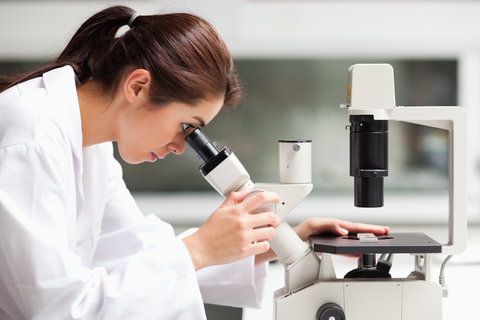Puppy poo needed to monitor antibiotic resistant bacteria

Researchers at the University of Bristol are asking puppy owners to send them samples of their puppy’s poo so that they can be monitored for antibiotic resistant bacteria.
Resistance to antibiotics is becoming increasingly prevalent and is recognised as a threat to both human and animal health worldwide, with an estimated seven hundred thousand people dying from resistant infections every year. All mammals carry large numbers of bacteria in their gut, which are released in faeces. Some of these faecal bacteria may then cause opportunistic infections, such as in surgical wounds or the urinary tract. Gut bacteria that are resistant to antibiotics may then result in difficult to treat infections, which are particularly common in people and are sometimes found in pets.
The University of Bristol reports its One Health Selection and Transmission of Antimicrobial Resistance (OH-STAR) project team is investigating how antibiotic resistant E. coli, a very common gut bacterium that causes opportunistic infections, might move between the environment, animals, and humans. The researchers want to find out if antibiotic resistant bacteria in animals are an important source of antibiotic resistant bacteria in people, and from where animals get their antibiotic resistant gut bacteria.
For this part of the study, the team is collecting and analysing faecal samples from young puppies which are not being walked in public places, and comparing these to samples from the same puppies a month or two later when they have started going outside for walks. They are particularly interested in how the places puppies are walked might influence the levels of antibiotic resistant bacteria in their guts.
Dr Matthew Avison, Reader in Molecular Bacteriology in the School of Cellular and Molecular Medicine and who is leading the OH-STAR project, said “Puppies might get their gut bacteria from their mothers, from the environment in which they are exercised, from other pets in the household, or from their owners. It may well be a combination of all these. We want to identify the importance of the environment as a source of antibiotic-resistant bacteria, because dogs might be bringing these bacteria into the home. At the moment, we just don’t know.”
Kezia Wareham, a Masters student from the Bristol Veterinary School who is focussing on the puppy part of OH-STAR and is keen to recruit as many puppies as possible, said “We are excited to be able to work directly with puppy owners to help answer these important questions. If you have a young puppy and would be able to provide us with some poo, please do get in touch.”
The researchers are looking for puppies aged under twelve weeks from North Somerset, Bristol, Bath and North East Somerset, and surrounding areas. Puppy owners will be asked to complete a simple questionnaire and provide two faecal samples from their puppy. For further information, email the OH-STAR team at oh-star-project@bristol.ac.uk








